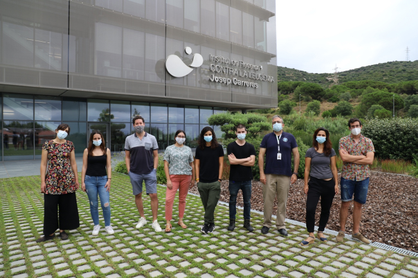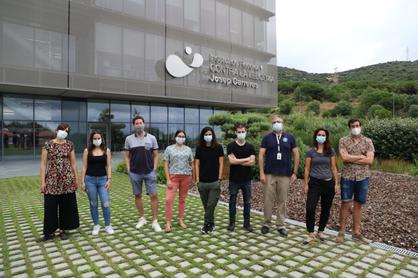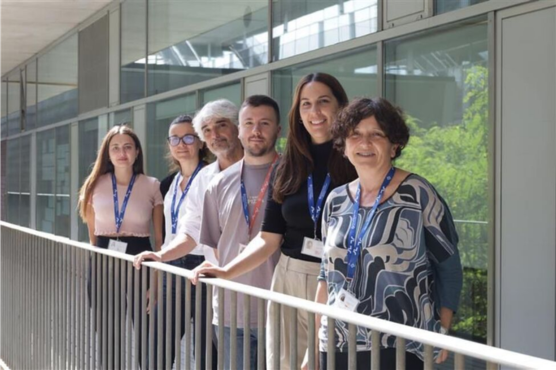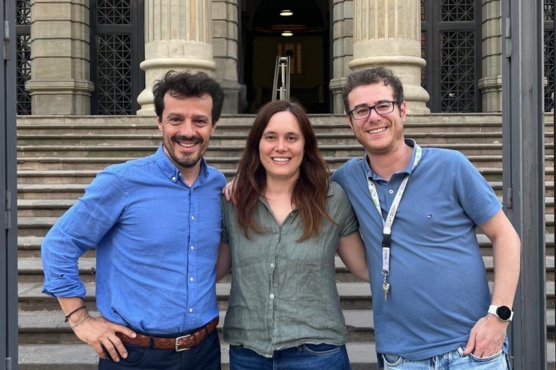►Researchers at the Josep Carreras Leukaemia Research Institute have identified a new mechanism for the regulation of the response to metabolic stress that opens the door to new therapeutic targets in the treatment of leukaemia and other malignant haemopathies.

Chromatin Biology Group
Chromatin Biology group aims to define the mechanisms involved in the cellular response to different types of stress such as metabolic, oxidative and genotoxic stress. In particular, they focus their studies on the impact of a family of enzymes, Sirtuins (responsible of the cellular stress response) in the maintenance of genome stability under these conditions and their impact in aging and different types of cancers, with a special focus on hematologic malignancies.
Dr. Vaquero’s group has just published a multidisciplinary study at Science Advances journal in which they have identified and characterized a new enzymatic activity of the Sirtuin SIRT7 that provides new evidence to understand its regulatory capacity in the cellular response to different types of stress damaging cellular integrity.
The regulation of this response acquires special relevance since these types of stress can produce alterations in the DNA and instability at cell’s energy flow, and are directly involved in the appearance of pathologies such as cancer, neurodegenerative diseases or a number of endocrine pathologies.
The regulatory mechanism identified may represent an important advance towards new therapeutic targets in the treatment of cancer, particularly in hematological cancers, since previous studies have shown that both genome instability and metabolic stress contribute significantly to the development of leukemias and lymphomas.
Other groups have also collaborated In this study, whose first author is Dr. Nicolas Simonet, including the research groups led by Dr. Manel Esteller and Dr. Marcus Buschbeck (both from the Josep Carreras Leukaemia Research Institute),the Proteomics Unit of this Institute, led by Dr. Carolina de la Torre, as well as groups from Pompeu Fabra University, the Centre for Genomic Regulation, Rutgers University (USA) and the Max Plank Institute (Germany).
This research has been funded by the Ministry of Economy and Competitiveness, the Agency for the Management of University and Research Grants (AGAUR) of the Government of Catalonia and co-financed by FEDER funds.







